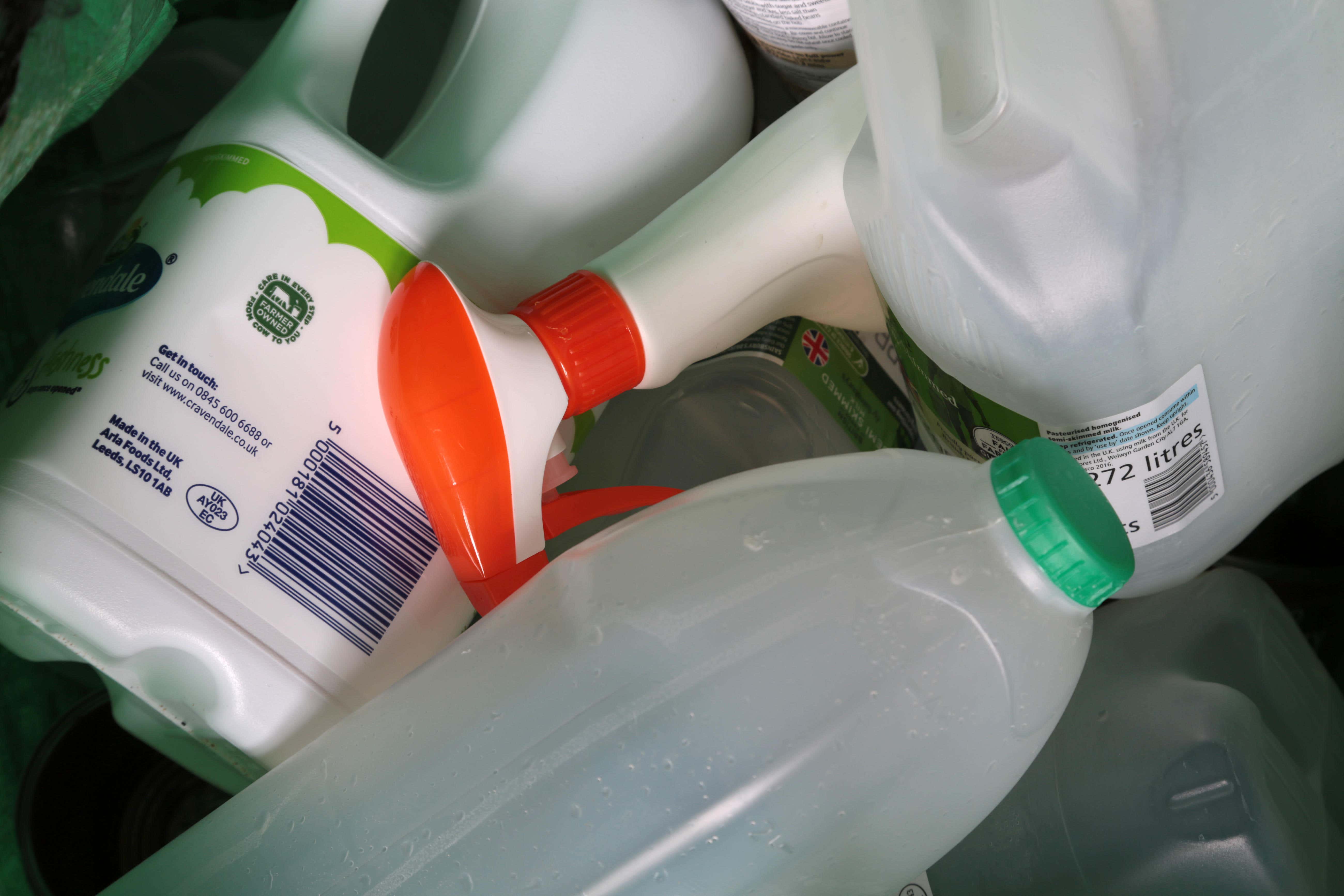Revamped recycling rules are set to be introduced for households and businesses across England, Defra has announced.
Householders across the country will have to separate paper and card from waste like metal and plastic and dispose of it in a new recycling bin from 31 March 2026.
The waste, like cereal boxes, cannot be placed in a bin alongside rubbish like wine bottles or milk cartons under the plans.
Binmen will then collect the waste from the separate bins alongside the usual residual waste, like nappies and tinfoil, and discarded food.
All waste authorities will also be forced to provide weekly food waste collections from households to allow people to “dispose of odorous organic waste frequently”.

Household recycling rates in England have stagnated at 45 per cent since 2015, according to the Department for Environment, Food and Rural Affairs.
Households in England dumped 5.6m tonnes of packaging in 2023, according to analysis commissioned by the Local Government Association, County Councils Network, and District Councils Network.
The report found that 3.2m tonnes of packaging were put into recycling bins, 2.3m tonnes were put into residual – or “black” bins, and 70,000 tonnes were mistakenly put in with food waste.
As of 31 March 2025, businesses are forced to arrange for the collection of all dry recyclable materials, food waste and residual waste.
Workplaces will also need to separate paper and card from the other dry recyclables unless their waste collector collects them together.
Businesses with fewer than 10 employees have until 31 March 2027 to arrange for the recycling of the core recyclable waste streams.
Kerbside plastic film collections from workplaces and households will also be introduced by 31 March 2027, Defra added.
Circular Economy Minister Mary Creagh said: “We are committed to ending the throwaway society, boosting recycling rates which have stalled for too long, and driving growth through the Government’s Plan for Change.
“Simplifying the rules for workplaces will make recycling easier, maximising environmental benefits, delivering cost savings and stimulating growth.
“We’ll continue to work hand-in-hand with businesses to deliver our reforms to drive up recycling rates and ensure there’s more recycled content in the products we buy.”

